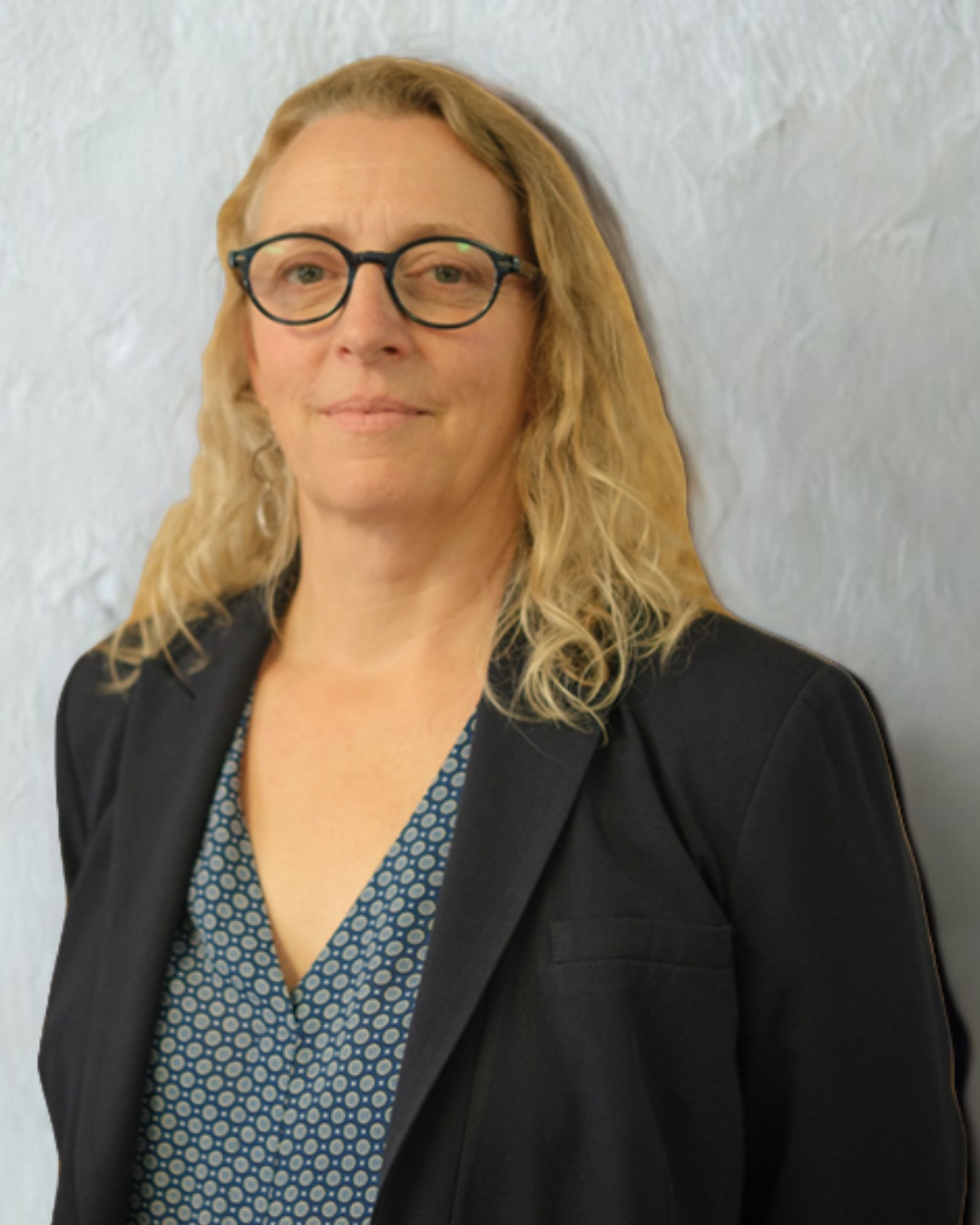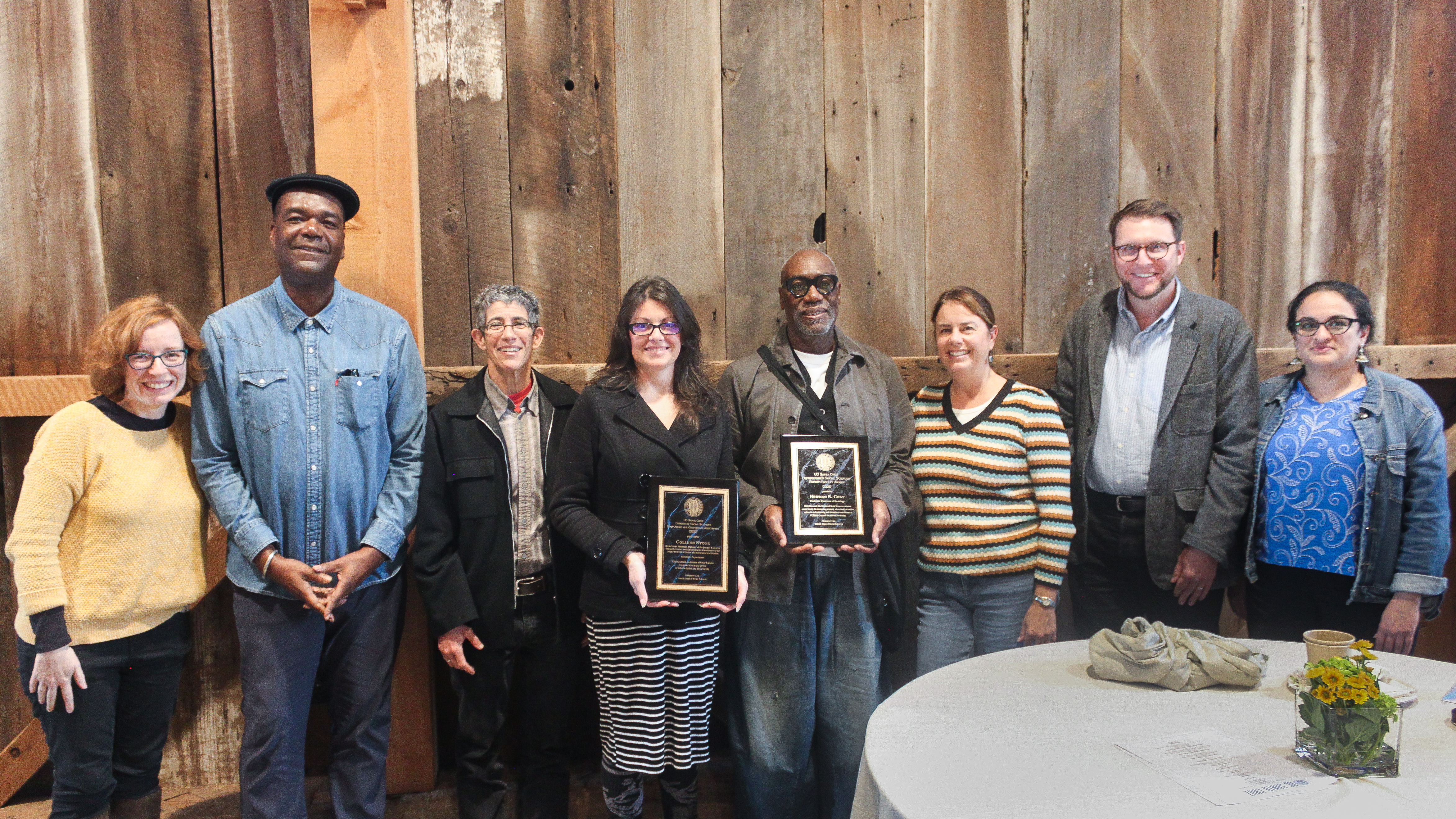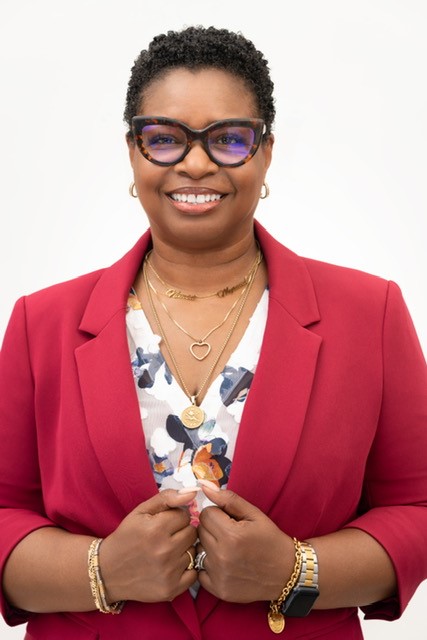
News and Events
From the newscenter
In the media
Department updates
Colloquia series
View all our 2024-2025 colloquium events. Use our past colloquium archive to see all events from the prior years.
Department public events
Visit the UCSC events calendar for a list of all upcoming events






